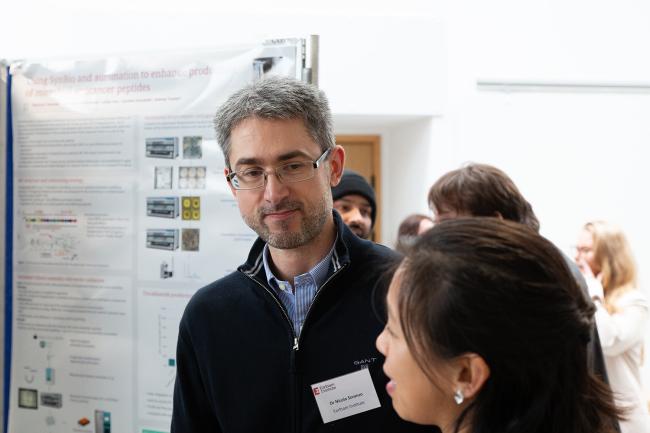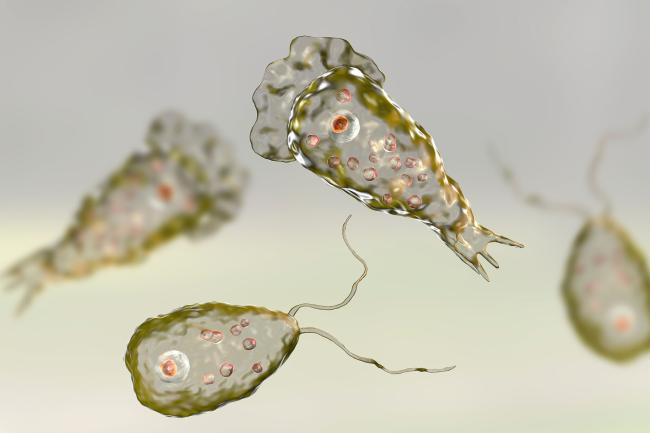
As a leader in advanced genomics, EI has an important role to play in training and supporting a new generation of scientists in this field. An integral part of this is bioinformatics which is a computer science and mathematics driven discipline; an area that traditionally has a low female representation (from undergraduate level).
EI has rapidly grown in an evolving life science field, from a skeleton workforce to over 130 staff and a 42% female representation across the Institute. EI’s Faculty has a good gender balance with regard to its doctoral and visiting student populations. However, improvement is needed at the postdoctoral level. In response, EI is working towards diversifying the applicant pool and supporting the development of early career researchers which form the core pillars of the Institute’s Action Plan at Bronze level.
This analysis has led to the formation of a working group on training for women in computing, with involvement from students and all the teams across the Institute. Such initiatives exemplify the Institute’s highly collaborative working culture and dedication to creating a diverse research community in genomics. The Institute is committed to an open and fair working environment where staff are valued and can progress on merit alone.
EI’s current Director Prof Neil Hall fully supports flexible working hours to balance the pressures of academia and family life: “As a father of four, with a partner in full-time work as a teacher, I have a deep appreciation of how flexible working has enabled me to support my children and my partner in her career.”
“I have been extremely impressed with the initiatives in place to support women scientists and EI’s ethos which embraces the principles of Athena SWAN. As a member of the Norwich Research Park, we also share best practices in gender equality with our neighbouring research partners.”
With a succession of executive female members, the Institute (then TGAC) was led by founding Director Prof Jane Rogers, who is one of the most cited female UK scientists. EI’s current executive is predominantly female led, with our Director of Science Prof Federica Di Palma and Director of Operations Sarah Cossey, as well as two high-profile female scientists, and a female commercial Trustee Director on their Board.
Director of Science, Prof Di Palma, commented: “I am very proud of this achievement at Earlham. As a mother of four, I am particularly familiar with and grateful for the flexible working arrangements. At Earlham, we have fostered a culture sensitive to the needs of working parents and in return, our staff meets the challenges of such flexible working hours with great commitment, determination, focus and efficiency."
Prof Hall, added: “Underpinning everything we do is a commitment to develop and nurture the best staff we can recruit to EI. The action plan we have developed will improve, not only our mission for gender equality but will advance everything we do as an institute.”
EI’s Athena SWAN submission was led by Dr Christine Fosker, Head of the Research Faculty Office and coordinated by Dr Audrey Heppleston, Project Manager (now at UEA). Sarah Cossey is EI’s Equality & Diversity (E&D) champion and will chair the Institute’s E&D committee (responsible for the delivery of the EI Athena Swan action plan going forward).










